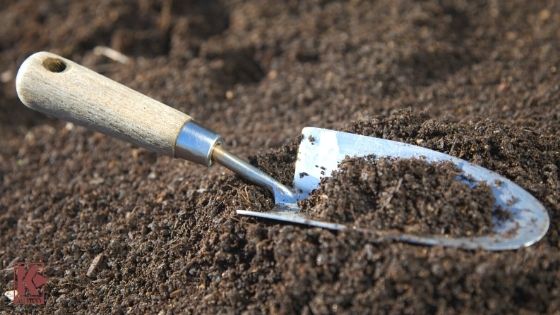Tips for a Productive Metal Detecting Hunt
Published by Jenna Anderson on 06/26/16
You’ve done your research, found a place you think will hold treasure, and even gotten permission to hunt. What do you do once you get out there? How do you make sure you’re productive? We have a few tips just for you!
Bring The Right Accessories

Hand Trowel
Before you even leave to go you should gather your metal detecting accessories in one place. Digging tools so you can dig anything you find. A large shovel will allow you to dig larger and deeper plugs. A hand trowel is great for shallow targets and to get closer to it after pinpointing.
Whether you’re hunting for gold, coins and jewelry, or relics, a pinpointer is necessary for fast recovery. When you dig a plug the pinpointer will give you a better idea of where the target is located. Check out the Garrett Pro-Pointer AT Waterproof Pinpointer or the Minelab Pro-Find 35 Pinpointer. Here is also some more information on the top 5 pinpointers for metal detecting.
A finds pouch to store anything you dig up. One that is sectioned is ideal so you can keep treasure separate from trash but one to hold everything you find will do.
Gloves protect your hands from sharp finds and to keep them cleaner.
Swing Properly
When you swing your detector be sure to keep your coil close to the ground. Check out this video on proper swing technique.
Set Up A Grid
Having a plan helps you be efficient while you detect. Setting up a grid that you will hunt is the best way to cover all ground. Pick one way to go and follow that line back and forth across the land until you cover the whole area then detect against that grain. This is important because targets could have more area exposed one way than the other.

Take breaks
Pace Yourself
Becoming fatigued while metal detecting is a very real possibility. Even with a light detector if you spend a whole day out your muscles will be sore. This is especially true when you are starting out. To help with getting worn out too quickly take breaks regularly. It gives your muscles a chance to rest.
Dig Everything
When just starting out, knowing what sounds and signals mean can be hard. Knowing what they all mean takes time and with experience. Once you have a firm grasp on signals then you can be more selective of what you dig.
A productive hunt is easy when you take time to plan and take it slow. Let us know on social media what you would add to this list!
